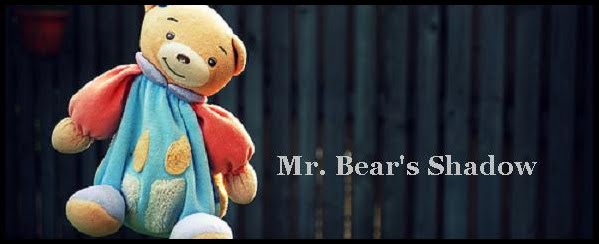Without saying too much, I will state now that polls are extremely easy to bias towards any party or individual in a way that is veiled when the results are viewed on the six o'clock news. For now, I have three insights:
1) Questions based on policy to receive a desired answer
Many questions are designed to receive an obvious answer. That is, the citizen stating a Party or individual in response to the question, regardless of whether or not they would vote for them. Many of these questions are focussed around party policy. For example, let's pretend in a hypothetical poll that somebody is asked 'who do you trust to lower tax rates?'. Based purely on policy the answer is always going to be John Key and National (or ACT, but people tend to focus on the major parties in polls), even if the individual had not voted for National in 2008 and had no intention to 2011. Yet, their answer counts towards John Key and his poll numbers look happier on the news. I would find this phenomenon much more fascinating should I encounter the question "who do you think is more likely to sell off state assets to foreign and private organizations?" You tell me what the difference is.
2) Polls veil hesitancy
In my experience a great number of 'pollees' have displayed enormous hesitancy when answering questions where a choice was offered between Labour and National - except of course if the question is designed in a manner similar to point 1. There is greater public doubt towards the Government than polls are portraying, at least enough to begin to balance the weight of incompetence placed on Goff. It is often expressed that one really cannot tell at the moment, and would have to wait and see if Goff matures as a leader before they decide their vote. This is a very warming display by the New Zealand public. Yet once pushed into a choice they go with the fuzzy newly elected PM they've seen on Letterman, and hesistantly 'well... if I had to make a choice... National.' Another point for National at Six O'clock.
3) Polls can be racially unbalanced
This is down to the person conducting the poll. It is easier to phone a sheet of 'Brown's, 'Gough's, and 'Anderson's than 'Ogbonmwan's, 'Dhambizao's, and 'Venkatarama's. That is just the way it is. You are unsure whether the person answering will be able to speak much English, and the fear of struggling with culture differences over the phone can force one to move on to a more Anglo-Saxon list. This is, sadly, the way it is.

No comments:
Post a Comment